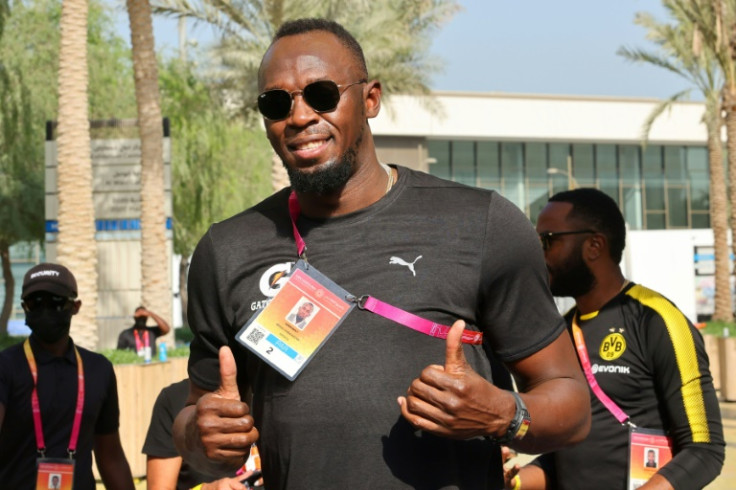
The bar that Usain Bolt has set when it comes to athletics has been so high that many athletes find him as their inspiration in reaching their dreams in the competitive world of sports. Bolt has been unmatched by far when it comes to winnings. With years of exemplary performance, and with so many brands trusting the name, it would be interesting to find out the net worth of this legendary athlete.
Net worth
According to Forbes, Bolt has two sources of income. One is from his salary, and another is from his endorsements. From his salary, he earns $1 million, while he earns so much more from his endorsements, which amounts to $30 million. Hence, his total net worth to date is estimated by the finance guru at $31 million.
Sports and business
The most accomplished sprinter of all time retired from competitive track and field after the 2017 World Championships in August. Bolt secured nine Olympic gold medals (although one was later forfeited due to a teammate's failed drug test). Beyond his athletic feats, Bolt is a marketing powerhouse with over a dozen sponsors, many of whom have continued their partnerships with him in retirement. His most significant endorsement deal is with Puma, which reportedly pays him more than $10 million annually. In 2018, Bolt expanded his business ventures by opening his third Track & Records restaurant in Jamaica. Additionally, he has plans for 10-15 restaurants in the U.K., with the flagship location set to open in the same year.
Achievements in sports
Considered by many as the most naturally talented athlete in history, Usain St Leo Bolt made history at the 2016 Olympic Games in Rio by achieving the 'Triple Triple,' winning three gold medals in three consecutive Olympic Games. Bolt's journey to global stardom began at the 2008 Olympic Games in Beijing, where he set world records while winning the 100m, 200m, and 4x100m relay. He repeated this extraordinary feat at the 2012 Olympic Games in London, cementing his status as the fastest man alive. A day before his 30th birthday, Bolt completed the same hat-trick at the 2016 Olympic Games in Rio, securing his legacy as one of the greatest athletes of all time.
In addition to his nine Olympic gold medals, Bolt claimed eleven World Championships titles. He swept the 100m, 200m, and 4x100m relay at the 2009 World Championships in Berlin, the 2013 World Championships in Moscow, and the 2015 World Championships in Beijing. He also triumphed in the 200m and 4x100m relay at the 2011 World Championships in Daegu.
Usain currently holds the world records in the 100m, 200m, and 4x100m relay, with astonishing times of 9.58 seconds, 19.19 seconds, and 36.84 seconds, respectively.
How the legend started
Born on Aug. 21, 1986, in the parish of Trelawny, North-West Jamaica, Usain Bolt grew up in Sherwood Content, a tranquil country town. His parents were grocers, and his aunt managed Miss Lilly Bolt's, a popular bar and shop in the area. Bolt was active in basketball, cricket, and street football, often playing as a midfield defender. His parents instilled strict discipline and stressed the importance of education.
A common activity in Jamaica, Bolt naturally gravitated toward sprinting while in school. He began athletics at 12, and his exceptional talent was quickly evident. Coached by Pablo McNeil and Dwayne Barrett, he finished second in the 2001 William Knibb High School national championships at just 15, clocking 22.04 in the 200m.
"In 2002, Bolt made a significant impact when the 9th World Junior Athletics Championships were held in Jamaica. At 16, he became the youngest ever world champion in the 200m, finishing in 20.61."
Continuing to excel, Usain Bolt garnered global acclaim for his exceptional 200m performances, including a 20.25 (and 45.35 in the 400m) at the Inter-School Championships in Kingston, Jamaica, a 20.40 finish with a substantial lead at the World Youth Championships in Sherbrooke, and a world's best junior track and field performance of 20.13 at the Pan American Junior Championships in Bridgetown, establishing him as the successor to sprinter Michael Johnson. In 2004, he set a new world youth record with a time of 19.93 as he transitioned to professional status, continuing his training under Fitz Coleman.







